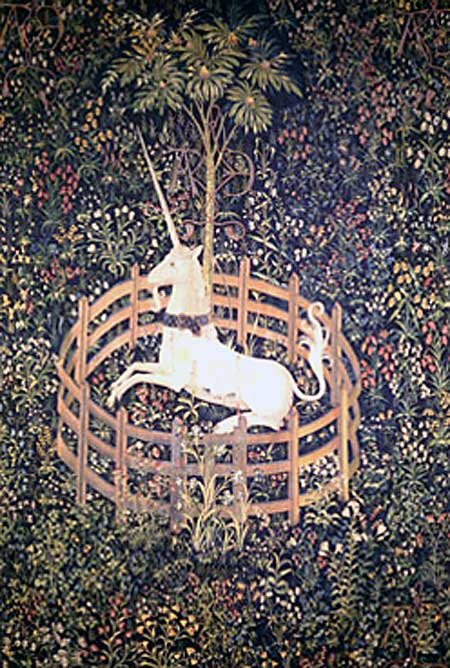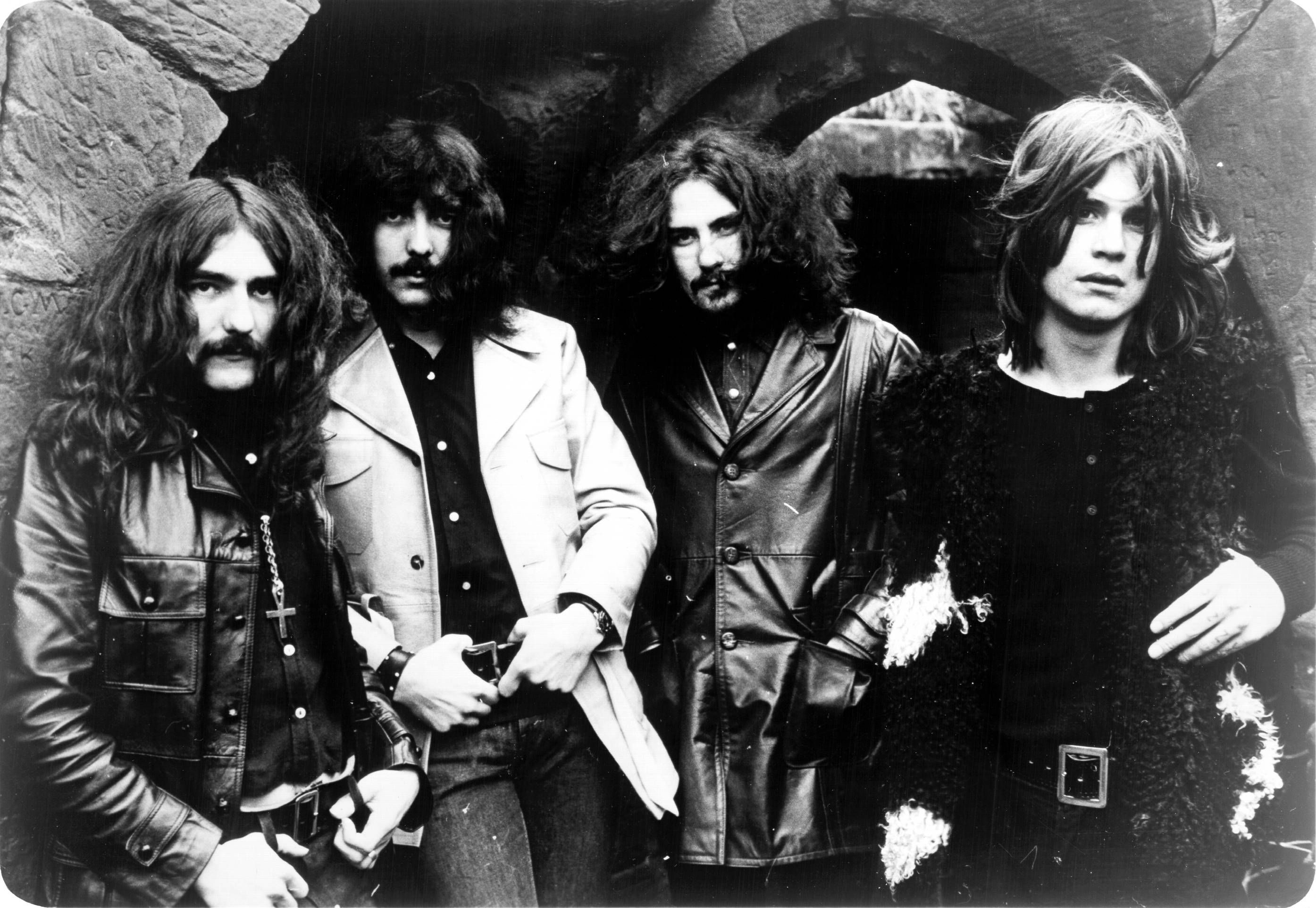 |
| One of the Unicorn Tapestries, c. 1495–1505 (The Cloisters, Metropolitan Museum of Art, New York City) Public Domain, Link |
When most people think of a UNICORN, they imagine the legendary creature that has been described since antiquity as a beast with a single large, pointed, spiraling horn projecting from its forehead.
But "unicorn" also refers to many other more modern usages. One of the nhe newest comes from the world of finance.
A unicorn is a term in the business world to indicate a privately held startup company valued at over $1 billion.
The term was coined in 2013 by venture capitalist Aileen Lee. He chose the name because he was equating the mythical creature with a statistical rarity of such a successful ventures.
Since then, "decacorn" has come to mean those companies over $10 billion in value and "hectocorn" is used to describe a company valued over $100 billion.
When Lee originally coined the term, there were only 39 companies that were considered unicorns, but the rarity of unicorns has decreased as the number of them increases.
In 2018 alone, 16 U.S. companies became unicorns, resulting in 119 private companies worldwide valued at $1 billion or more. As of this writing, six out of the top ten most valuable unicorns are based in China.
Top ten largest unicorns overall.
- Ant Financial – China
- ByteDance – China
- DiDi – China
- SpaceX – USA
- Stripe – USA
- Lufax – China
- JUUL Labs – USA
- Cainiao – China
- Palantir Technologies – USA
- Kuaishou – China























